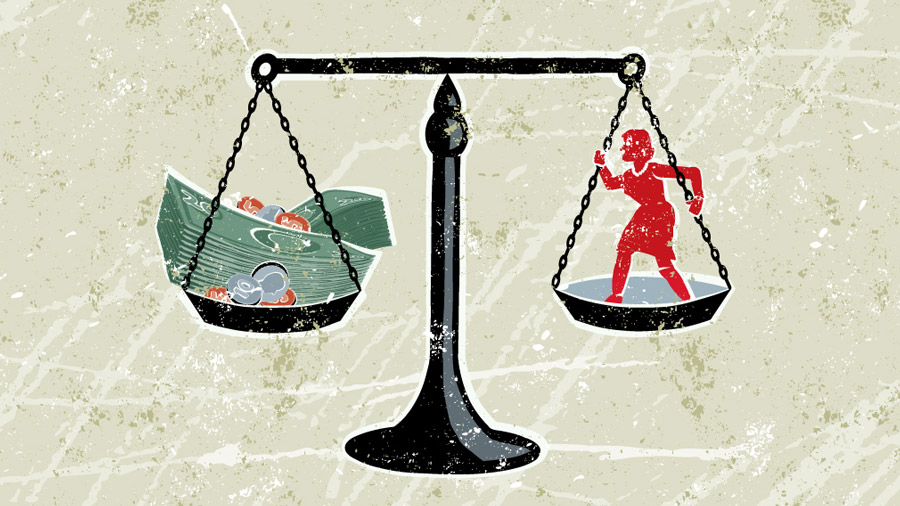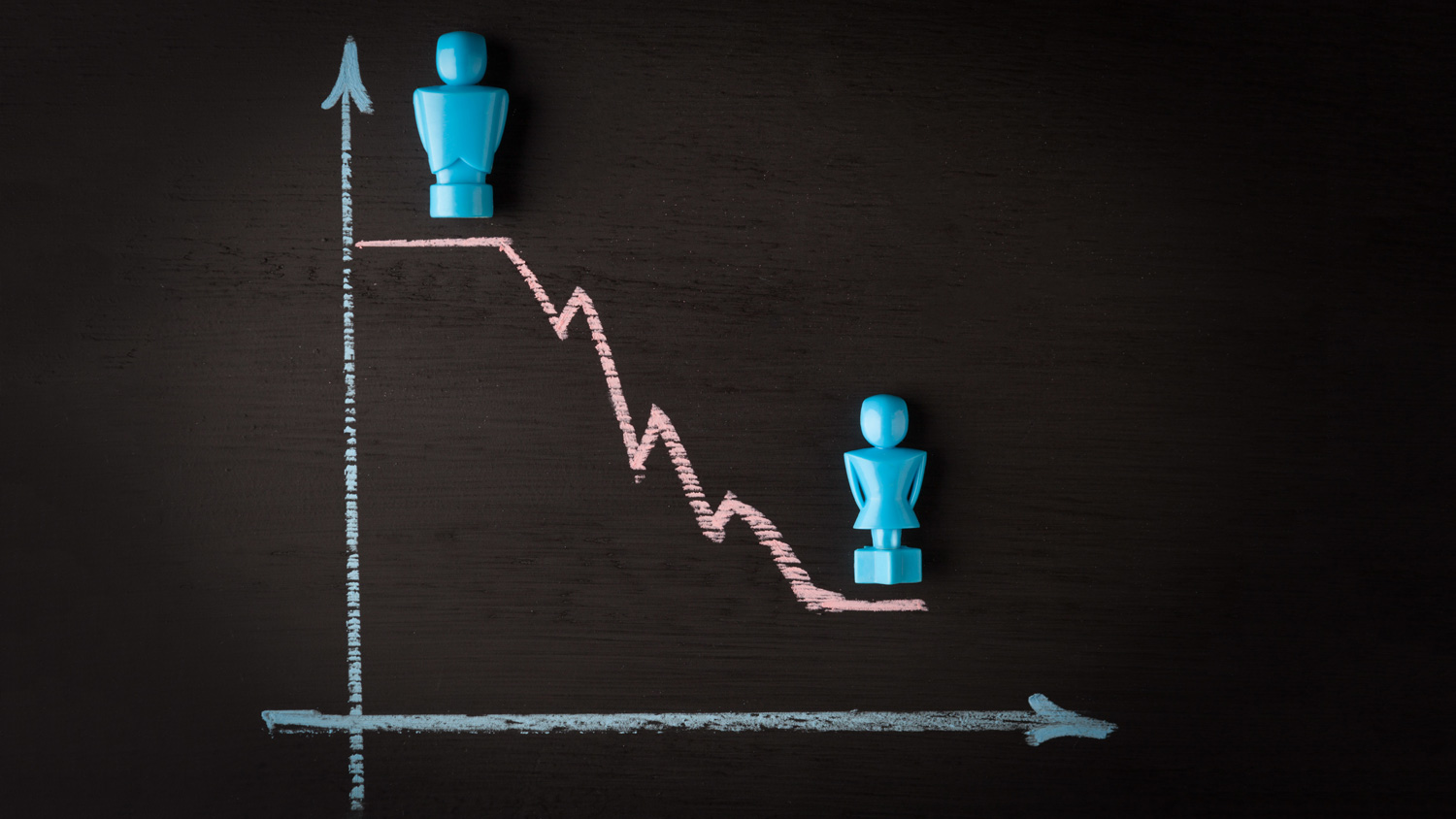
Fear of COVID-19 is not a philosophical belief, rules Tribunal
Fear of catching COVID-19 is not an acceptable reason not to return to the office, an Employment Tribunal has ruled. This was the conclusion of a recent case in which an employee claimed she was unlawfully discriminated against because of her fear of catching COVID-19.
The anonymous woman brought the claim against her employer after she decided not to return to work on health and safety grounds in July last year. But Judge Mark Leach ruled that health and safety concerns do not qualify under equality legislation as a belief, meaning the employer could withhold her pay.
Like many, the claimant began working from home when a stay-at-home order was first introduced due to the spread of the Coronavirus. After the first lockdown was lifted, many employers encouraged staff back to the office in the summer. But the woman said she had “reasonable and justifiable health and safety concerns about the workplace surrounding COVID-19” and the risk posed to her was “serious and imminent”.
The woman said she had a “genuine fear” of falling ill from the virus – and particularly of passing it on to her partner who she said was “at high risk of getting seriously unwell”.
She refused to return to work, claiming she had “statutory employment rights about a danger to the health and safety of myself and others”. In response, her employer withheld her wages, which she claimed was “discrimination on the grounds of this belief in regard to Coronavirus and the danger from it to public health”.
The judge ruled she was not discriminated against on the grounds of religion or belief when she refused to go to work. He concluded: “A fear of physical harm and views about how best to reduce or avoid a risk of physical harm is not a belief for the purposes of [the Equality Act].”
Religion encompasses the belief or worship of a supernatural power, but belief includes religious and philosophical beliefs, including a lack of belief (e.g. Atheism). Generally, to be covered under the Equality Act, a belief should affect your life choices or the way you live for it to be included in the definition.







